how to store a generator: ensuring longevity and safety
- By BISON
Table of Contents
A generator, in the simplest terms, is a machine that converts mechanical energy into electrical energy. Whether you’re on a camping trip, at a construction site, or during an unexpected power outage, a generator is undoubtedly an essential piece of equipment. However, owning a generator also comes with the responsibility of proper storage.
Correct storage of your generator is crucial, not only for the longevity of the machine, but also for safety. If not stored properly, the generator may leak fuel or oil, creating a potential fire hazard. Additionally, exposure to harsh environments can cause mechanical corrosion and damage, leading to expensive repairs or even replacement. Therefore, it is important to know how to safely and properly store your generator when not in use so that it is ready for use the next time you need it.
This article is intended to guide you through the process of properly storing your generator to ensure its optimal performance and longevity. We’ll delve into the steps and precautions required to safely store generator, helping you avoid the pitfalls of improper storage.
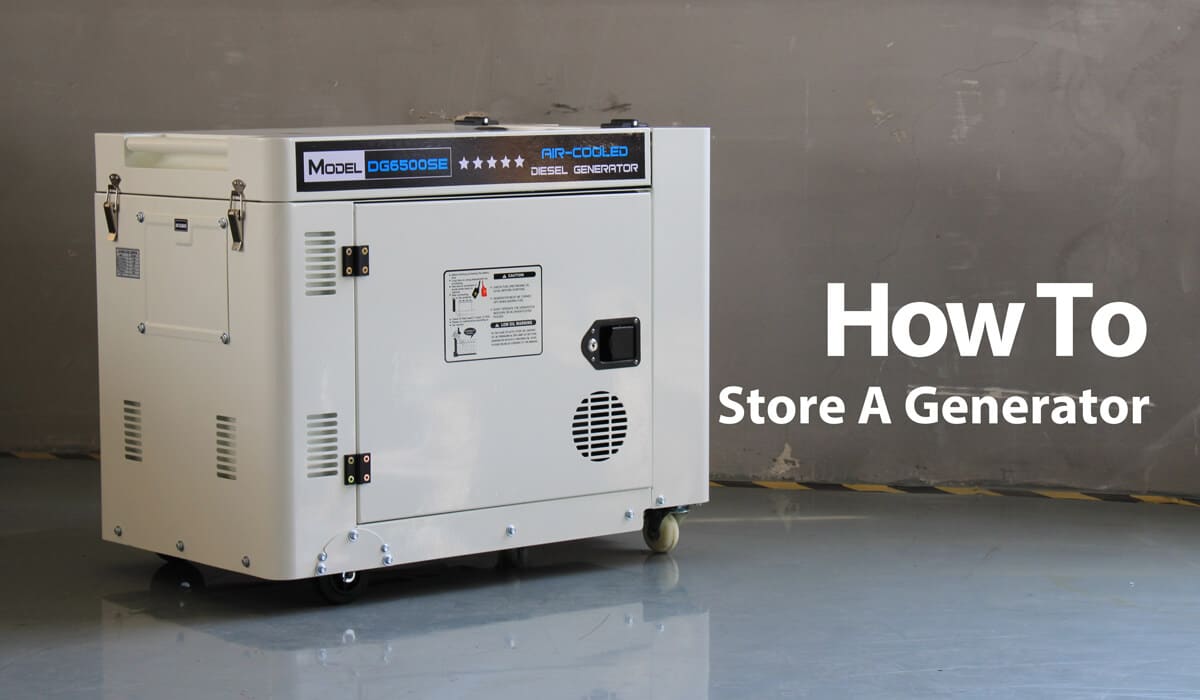
Where to store a generator?
When storing a portable generator, choosing a safe, well-ventilated and dry location is essential to prevent damage and ensure that it is ready for use when needed. It is ideal to keep it far away from any actual or even potential sources of fire or heat. Here are some tips on where to store a portable generator.
Store the generator outside
Although it is possible to store the generator outdoors, it is generally not recommended because outdoor storage can damage the generator and shorten its lifespan. Here are some reasons why storing a generator outside may be challenging:
- Open and outdoor storage can expose the generator to snow, rain, wind, and other weather conditions, which can cause rust, corrosion, and damage to electrical components.
- Outdoor storage can cause moisture and humidity to collect inside the generator, damaging electrical components and promoting mold and mildew growth.
- Exposure to the sun’s UV rays can cause the generator’s plastic and rubber parts to crack and break over time.
- Storing the generator outside can make it more vulnerable to theft and vandalism, damaging the unit or resulting in the generator being lost altogether.
If you need to store your generator in an outdoor area, choose a location that is dry and protected from the elements as much as possible. At the same time, covering the generator with a generator cover or tarp would be best. This will help prevent water damage to the generator and help protect it from mud, dirt, and debris.
Store a generator indoors
The best place to store a portable generator is indoors, you can store the generator in an area of the home that is not used for living, such as a garage, utility roomsuch, shed, or basement.
- Choose a place that is dry and ventilated. This will protect the generator from the outside elements and prevent moisture from getting inside the generator, which can damage electrical components.
- Protect your generator from flammable substances such as gasoline, propane tanks, and other chemicals. This will help prevent fires and explosions due to these materials.
- Also, place the generator on a stable and level surface to prevent it from tipping over.
Following these tips, you can keep your generator safely indoors and ready to use when needed. However, it is essential to note that local laws and regulations may prohibit storing generators inside a residential building.
Steps to storing your generator
Add oil to the cylinder
If your generator has no leaks and is in good repair, it won’t use much oil. But before you put it in storage, you’ll want to check the oil level and top up. For most generators, this will only be a few teaspoons. You can use regular engine oil.
You need to cover, after adding the oil, the hole with a clean carpet (to catch any oil that might spray out) and pull your generator’s recoil starter a few times to force the oil into the piston rings and cylinder bore.
After you’re done, you can reinstall the spark plug and reconnect the wire.
Empty the fuel (or stabilize it)
Ideally, you will run the generator out of fuel before storing it. This is a significant fire hazard. Leaving fuel in the tank for too long can cause problems such as clogged fuel lines, carburetor problems, and engine damage, which making it impossible to run the generator when you next need it. This step is straightforward. Just take your generator outside and start it. Allow it to continue running until it runs out of fuel. Any fuel left in your fuel lines will be burned off as a result.
If you can’t run the tank to empty, add a fuel stabilizer to the entire gas tank in the generator. Run the engine for one minute to thoroughly distribute the stabilizer throughout the system. A fuel stabilizer can aid by keeping the fuel from gathering moisture and deteriorating in the tank. It will also prevent gasoline from wearing out your generator’s various rubber and plastic parts. That way, it should start the next time you need it, and with a full fuel tank. Besides, running the generator for a few minutes every few weeks can help circulate the fuel and prevent it from spoiling.
Generally, it is best to avoid storing the generator with fuel for an extended period.
Check for damaged components
Before storing the generator, make sure you thoroughly inspect it. Look for loose or stray wires, corroded or damaged parts, and loose or missing bolts and replace them. If you neglect to replace these parts, damage can increase significantly while the generator is in storage. Areas you should check include:
- The hoses
- Fuel tanks
- Spark arrester
- Switches
- The wheels
- The handle
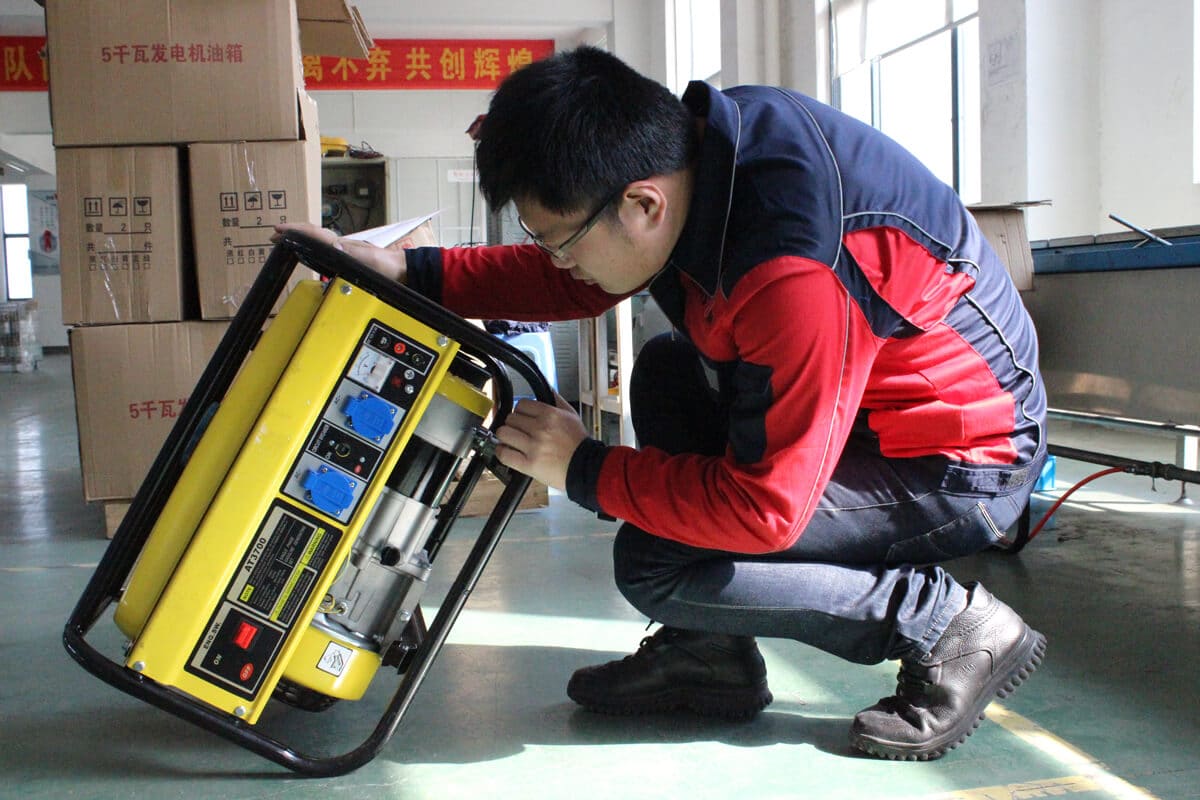
Clean up dirt and debris
You’ll also want to clean your generator before storing it. Remove spilled oil or fuel from the surface and clean any debris outside the generator. Dirt and residue left on the generator can eat away at the seals and switches. All it takes is a quick wipe with a clean cloth and a degreaser.
Disconnect the Battery
If your generator has a battery, it’s best to disconnect it before storage. This helps preserve the battery life and prevents any potential electrical issues. Store the battery in a cool, dry place away from the generator.
Storing the generator
Begin by covering the generator with a high-quality tarp or a specially designed generator cover to protect it from dust, moisture, and other environmental elements that may cause damage. To safeguard it from moisture and potential flooding, elevate the generator by placing it on a pallet or a similar surface. Lastly, ensure the generator’s security by fastening it with a heavy-duty lock and chain, not only to deter theft but also to prevent accidental tipping, which could lead to damage or injury. With these steps, you can store your generator safely, ensuring its readiness for the next use.
In conclusion
The proper preparation and storage of your generator are paramount to its longevity and functionality. In this guide, we looked at the basics of storing a generator and how to store a generator when not in use. These steps not only enhance the lifespan of your generator but also ensure its readiness for use when needed.
At BISON, we are more than just a professional generator manufacturer. We are a comprehensive resource for all your generator needs. Our customers enjoy access to a wealth of knowledge on our website covering everything from use, maintenance to storage. When you choose a BISON generator, you’re not only investing in a high-quality, reliable product but also in a company dedicated to empowering you with the necessary information to maximize your generator’s potential. Trust BISON, where power meets knowledge.

Most Popular Posts
QUESTIONS?
CONTACT US TODAY.
buy?
Related Posts

understanding differences: 1800 RPM vs 3600 RPM generators
difference between 1800 RPM and 3600 RPM generators. In this article, BISON takes a closer look at their design, construction, and the technology that drives them…
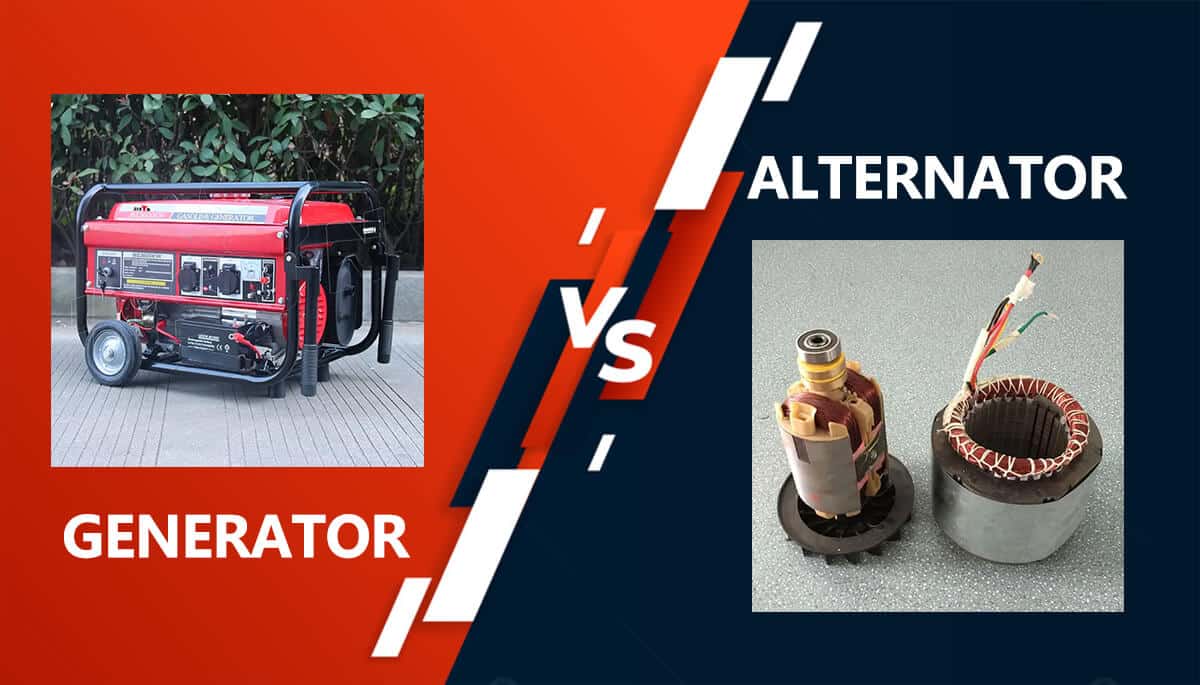
decoding power: alternators and generators
we’ll learn the basics of generators and alternators. We’ll see the components of generators and alternators and learn how they work.
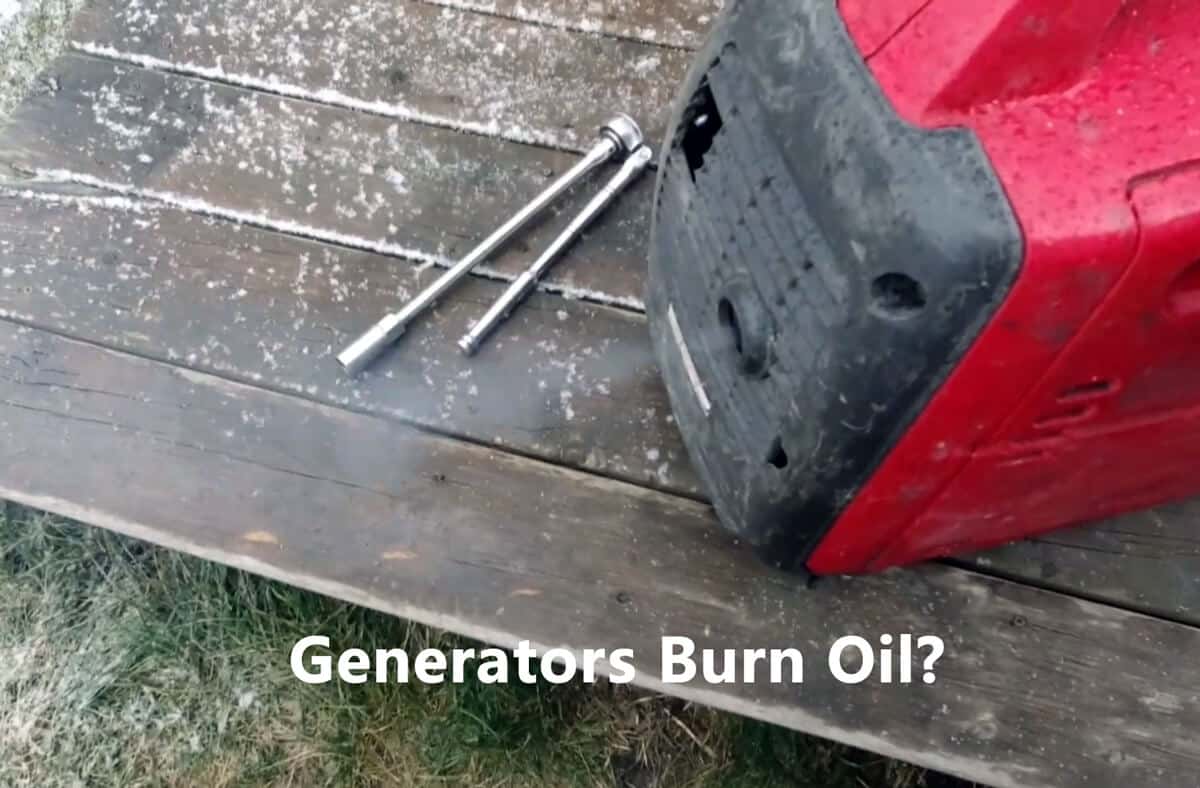
generators burn oil | why, signs, effects, causes & solutions
BISON will delve into understanding why generators burn oil and what signs to look out for that indicate excessive oil consumption.

how to break in a generator
BISON will dive into the importance of breaking in your generator, provide a step-by-step guide, and discuss the potential consequences of not performing this critical step correctly.
Related Products
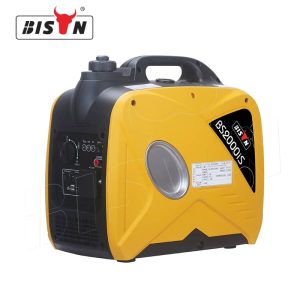
silent portable inverter generator
BISON BS2000ig silent portable inverter generator is the perfect solution for those who need a

best inverter generator
China best inverter generator — BISON inverter generator It has super overloaded capability, which can

2kva silent smallest diesel generator
2kva silent smallest diesel generator has an intelligent system it automatically starts when the power
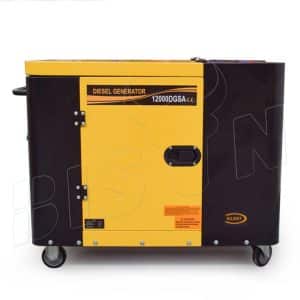
Powered Diesel Generator With Recoil & E-Start
Air cooled Diesel Generator 2KW air cooled direct injection electric start low fuel consumption 8230
.png)
-qbpqbzxxvtguiuwezisu6wo6j1i29b4m1el1ir1u8o.png)

